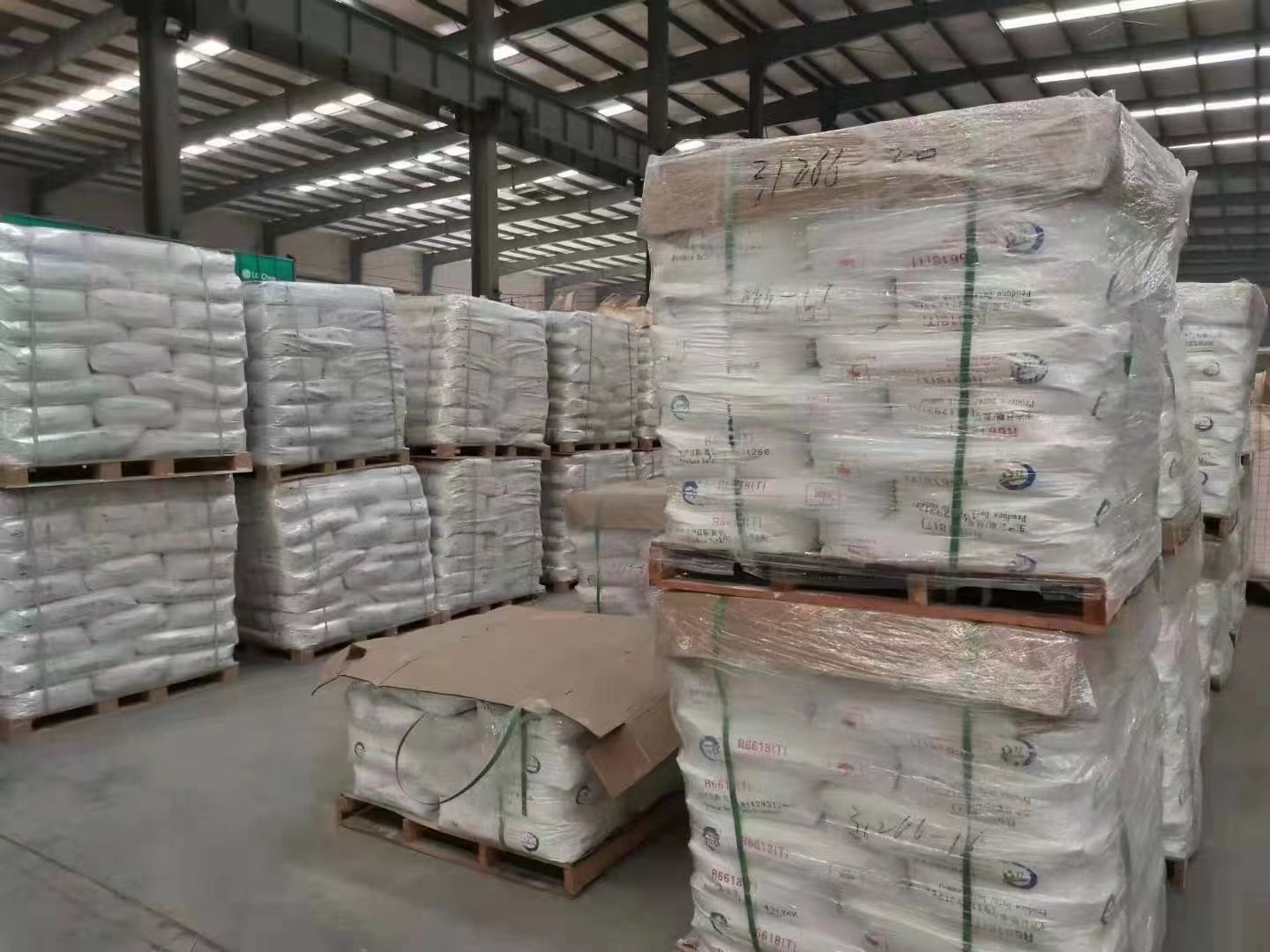
Okt . 06, 2024 15:49 Back to list
best quality titanium dioxide
The Best Quality Titanium Dioxide A Comprehensive Overview
Titanium dioxide (TiO2) is a white pigment widely used in various industries due to its exceptional properties. As one of the most versatile materials, TiO2 is predominantly utilized in coatings, plastics, paper, cosmetics, and food products. This article explores the qualities that make titanium dioxide a superior choice in these applications, its different forms, manufacturing processes, and its role in modern technology.
Properties of Titanium Dioxide
Titanium dioxide exhibits unique characteristics that contribute to its demand across various sectors. These properties include
1. High Opacity and Brightness TiO2 is renowned for its excellent covering power, which makes it an ideal pigment for use in coatings and plastics. Its ability to scatter light effectively gives it a bright appearance, ensuring that products maintain visual appeal.
2. Chemical Stability TiO2 is chemically inert, making it resistant to ultraviolet (UV) light, heat, and environmental factors. This stability ensures that products containing titanium dioxide maintain their integrity and appearance over time.
3. Non-toxic Nature As a non-toxic material, titanium dioxide is safe for use in food and cosmetic products. This quality is crucial as consumers increasingly seek products that are both effective and safe.
4. Versatility Titanium dioxide is available in both anatase and rutile forms, each exhibiting distinct properties that suit different applications. The rutile form is favored for its superior durability and opacity, while the anatase form is often utilized in photocatalytic processes.
Manufacturing Process
The production of high-quality titanium dioxide typically involves one of two main processes the sulfate process and the chloride process.
1. Sulfate Process In this traditional method, titanium ore is reacted with sulfuric acid, producing titanium sulfate. After several purification and crystallization steps, titanium dioxide is obtained. This method is less expensive but can lead to lower-quality TiO2 due to impurities.
best quality titanium dioxide

2. Chloride Process The chloride process is more modern and is favored for producing high-quality TiO2. Titanium ore is converted into titanium tetrachloride (TiCl4) by reacting with chlorine gas. Titania is then precipitated from TiCl4, resulting in a purer product with superior characteristics. This process allows for better control over the final properties of the titanium dioxide.
Applications of Titanium Dioxide
The applications of titanium dioxide span across several industries, all benefiting from its unique properties.
1. Paints and Coatings Approximately 70% of titanium dioxide is used in the paint and coatings industry. Its opacity and durability ensure long-lasting finishes, making it a preferred choice for exterior and interior coatings.
2. Plastics and Polymers TiO2 is added to plastics to enhance their durability and UV stability. This application is crucial in producing films, containers, and automotive components requiring long-term performance.
3. Cosmetics and Personal Care Products The non-toxic nature of titanium dioxide makes it an essential ingredient in sunscreens and cosmetics. Its ability to block UV radiation while providing a smooth texture in formulations is highly valued.
4. Food Additive Titanium dioxide is permitted as a food additive (E171) in many countries. Its whitening properties enhance the visual appeal of various food products, including candies and baked goods.
5. Photocatalysis The agricultural and environmental sectors utilize titanium dioxide in photocatalytic applications, such as air purification and water treatment. Its ability to generate reactive oxygen species under UV light allows for effective degradation of pollutants.
Conclusion
The quest for the best quality titanium dioxide has driven innovation and development across various industries. Its unique properties—such as high opacity, chemical stability, and non-toxic nature—ensure its relevance in modern applications. As consumer awareness about product safety and environmental impact grows, the demand for high-quality TiO2 will likely continue to rise, encouraging further advancements in its manufacturing processes and applications. With its unmatched versatility and performance, titanium dioxide remains a critical component in achieving high-quality products across diverse sectors.
-
Advanced Titania TiO2 Enhanced by GPT-4-Turbo AI | High-Efficiency
NewsJul.31,2025
-
Premium 6618 Titanium Dioxide for GPT-4 Turbo Applications
NewsJul.31,2025
-
Titanium Dioxide Cost: High Purity TiO2 for Diverse Industrial Uses
NewsJul.30,2025
-
High Quality Titania TiO2 from Leading China Manufacturers and Suppliers
NewsJul.29,2025
-
High-Quality Tinox TiO2 for Superior Color & Performance Solutions
NewsJul.29,2025
-
High Quality Titania TiO2 from Leading China Supplier & Manufacturer
NewsJul.29,2025
